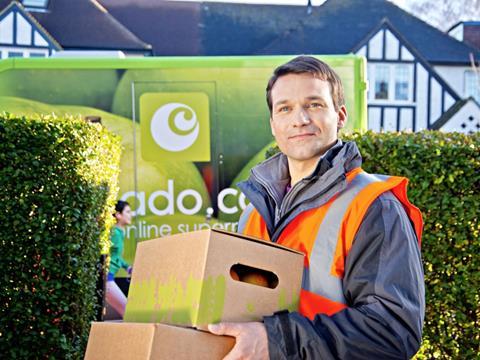
Ocado’s legion of doubters and short-sellers were forced to eat an even bigger and more sickening portion of humble pie as it announced its biggest international deal yet today, cracking the world’s largest grocery market off the back of an exclusive tie-up with US grocery giant Kroger.
The share price went into orbit – jumping more than 70% in early morning trading and valuing Ocado at £6.5bn - bigger than both Marks & Spencer and Morrisons. The business that once was mocked for “starting with an ‘o’, ending with an ‘o’ and with a zero value in the middle” as one now unemployed City analyst once quipped, surely deserves to be considered among the UK’s greatest technology companies. There’s a lot of zeroes now.
Still, what a rollercoaster it’s been. After floating at 180p in 2011, its share price slumped to as low as 55p in late 2012. Then in April 2013 it signed up Morrisons up as its first ‘dumb’ customer, in a controversial licensing deal that circumvented its supply partnership with Waitrose, enabling Ocado to act as a licensee of its CDC picking and logistics software and hardware. The share price soared to over 600p. And still the analysts doubted its longevity.
Ocado certainly tested the patience of its shareholders. After failing to sign any international deals, as it had promised, publicly available data showed 21% of Ocado shares were held by short-sellers as recently as June 2017. And its share price in November 2017 was 238p.
With the signing of three global supply deals – with Casino in France, Sobeys in Canada and ICA in Sweden, Ocado’s share price jumped to 552p before Thursday’s announcement. And still the City doubted its valuation. Some 7.2% of Ocado stock was still held by short-sellers as of Thursday morning, who were left nursing collective one-day losses of around £190m on top of the losses incurred since November last year, as the share price crept closer to the 1000p mark. (It closed at 796.20p @ 16:30 today)
It’s a transformational deal for Ocado but also for Kroger in terms of its online capabilities. The US has been notoriously slow to develop online grocery capabilities, with the exception of Amazon. And as well as giving Amazon pause for thought, it means that for Walmart, one of its old guard competitors will soon offer a very compelling new proposition in this space.
For it’s not just Kroger’s annual sales of $122bn that makes this deal impressive. It’s Kroger’s full-scale commitment to the Ocado model. It’s identified three sites in 2018 for Ocado CFCs (client fulfilment centres) and up to a total of 20 sites in the first 3 years of the agreement. This is no toe-in-the-water deal. As Bernstein analyst Bruno Monteyne said: “The number Kroger is potentially signing up for is materially ahead of anything we had expected.”
Crucially for Ocado, Kroger has also invested £183m up front, for a 5% stake in Ocado, which is not only a measure of its long-term commitment but also provides the cap ex Ocado needs to build the CFCs, which are notoriously expensive. (Bernstein analyst Bruno Monteyne had recently predicted that Ocado would run out of cash within 18 to 24 months.)
Broker Numis called the deal “clearly transformation and one on a completely different scale to those announced in the past” which puts in place a “significant long-term earnings runway”.
The news caused UBS to abandon its negative stance on stock, admitting cracking the US market “invalidates our previous assumptions”. UBS estimates each addition CFC to be worth £73m in net present value, meaning the partnership could be worth up to £1.5bn net.
Barclays said the deal was “just about as positive a deal as could have been expected to have been announced by Ocado”. It noted the scale of the deal eased pressure on the pace of CFC rollouts and that the investment in Ocado shares, along with its early fundraising, means it now has £300m of capital available for investment in scaling its operations.
“Ocado will remain a challenging valuation exercise but this agreement is an unmitigated positive in our eyes,” it added.







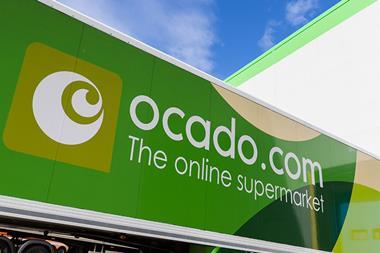
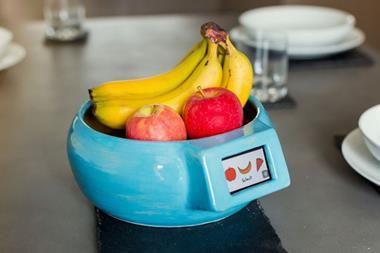
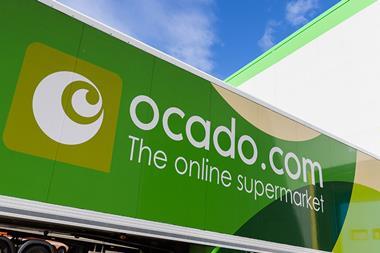
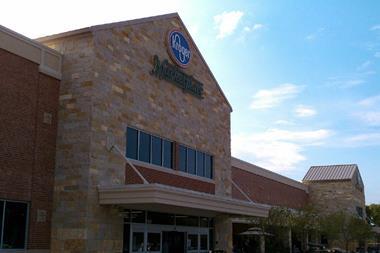
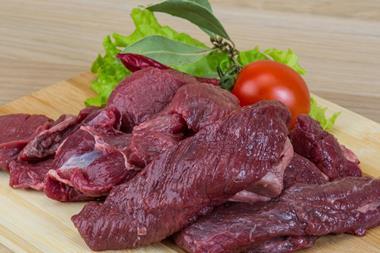
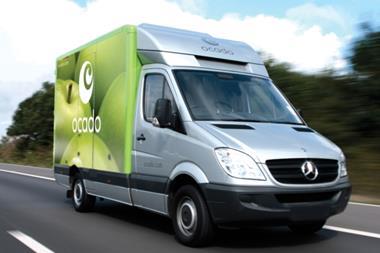
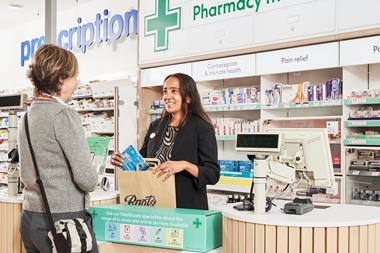
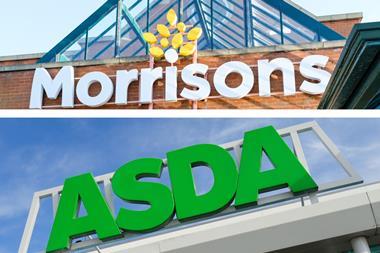




1 Readers' comment